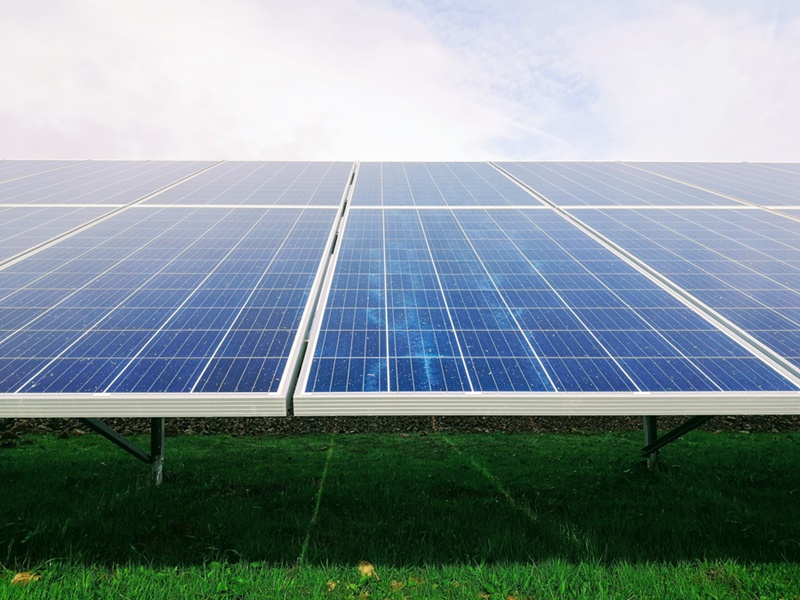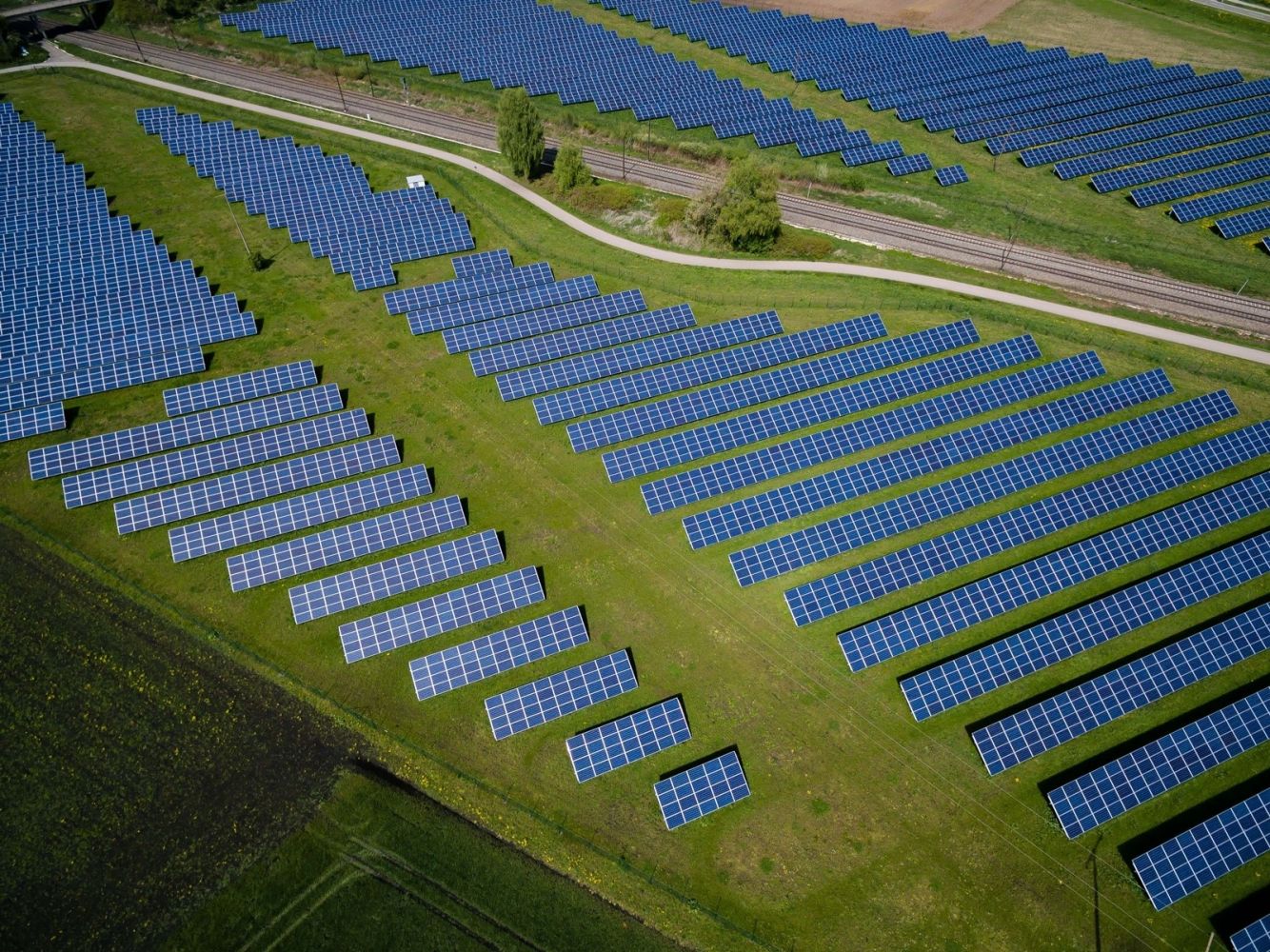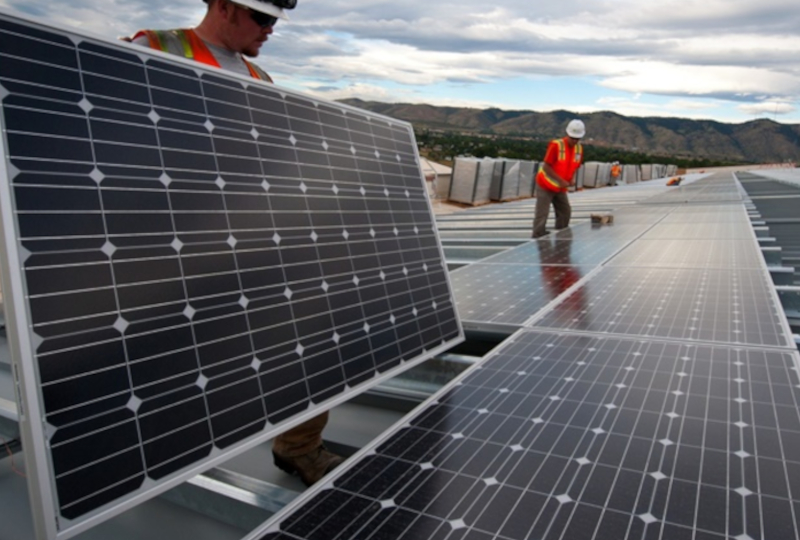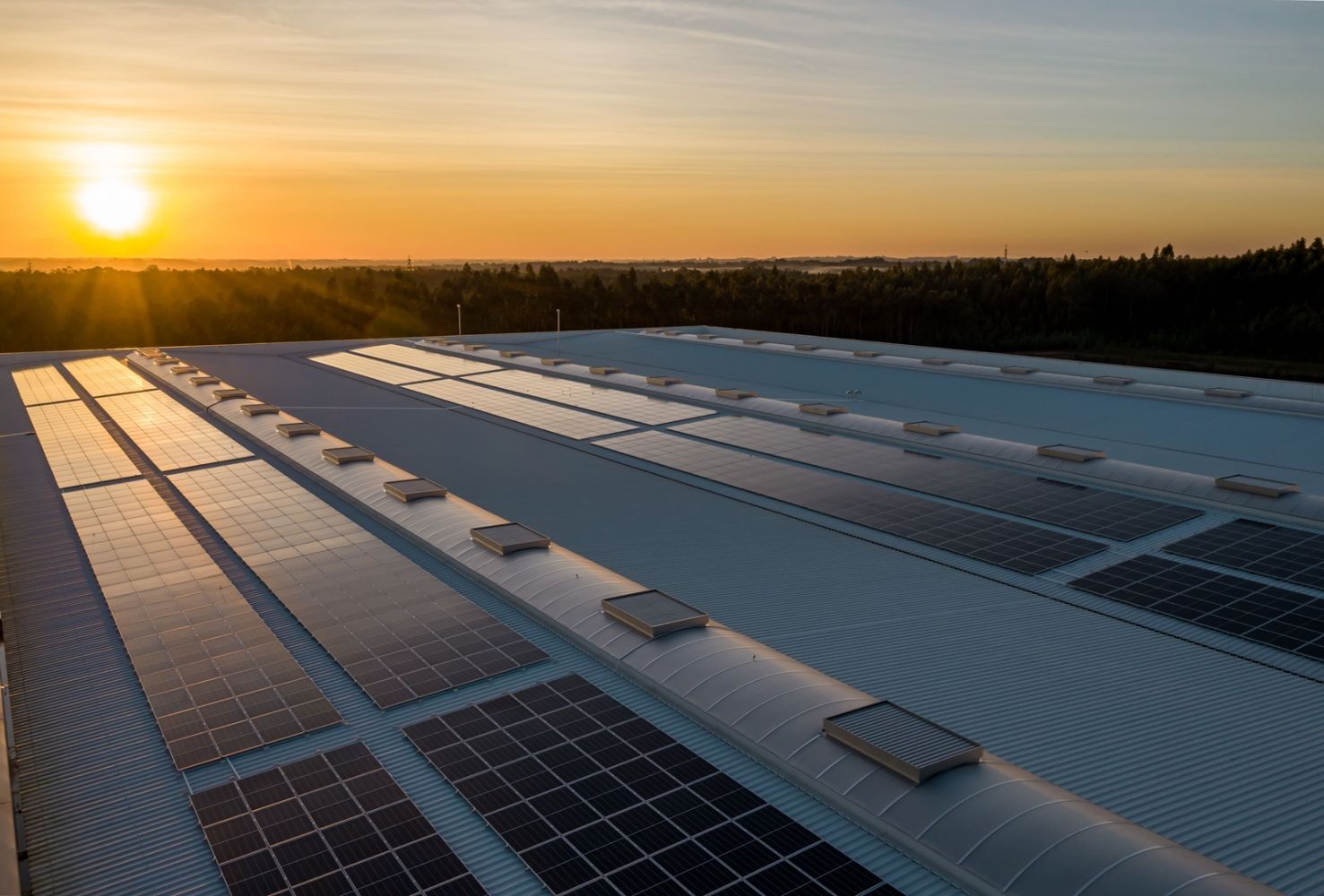Increase Solar Power Efficiency with Modern Technology
In the world of renewable energies, efficiency is key - from collection to storage and to distribution.
From the outset, harvesting solar energy by way of solar panels is the first point at which efficiency can and should be optimised. Protecting your solar panels from potential induced degradation (PID) is the initial step to getting the most out of your solar cells and boosting their life span.
Your solar panels are a valuable investment worth protecting and optimising. Degradation is a process that can commence early and worsen rapidly so it should be prevented as soon as possible.
At PADCON, increasing the performance of solar panels and PV efficiency is our mission: Our business has evolved into one of the leading companies to improve solar power ROI. Our PID killer solution can enhance the efficiency by up to 18% and even more!
Do you want to increase your solar energy return on investments?
Our PID killer will boost the performance ratio of your PV modules
Solar panels lose efficiency caused by potential induced degradation (PID) - over time, this could mean a loss of up to 50% in efficiency. PADCON offers reliable anti PID solutions that are state-of-the-art and that will protect your solar modules and regenerate your PV installation up to 100% of the nominal capacity.
With our PID killers, you can restore the nominal capacity of your PV modules and protect your solar power plants right from the start. Thus, PID prevention & recovery will boost solar module efficiency and improve your return on investment
FAQ’s
Solar modules are certainly getting better and we actually see extremely degraded modules less often. And that's a really good thing. But this doesn't mean PID generally occurs less frequently. By improving the quality of the modules, the level of degradation can be reduced, but not the frequency. Just 5 years ago, we often saw degradations of >30% of the rated output. In plants with newer modules, it's less common to see such high levels of degradation. Their loss is more likely to be in the range of 5 to 10% of the rated output. However, this value shouldn't be underestimated. A loss of 5% can have a significant impact on the profitability of a plant.
Another point regarding the so-called PID-free modules. PID is a physical effect that always occurs and therefore can't be completely prevented. However, the effect can be reduced by improving the quality of the modules and using optimized insulation materials. In the best case, however, we're still talking about an annual degradation of >0.25% per year. Over a period of 20 years, this still represents an average loss of 2.5%. For this reason, we recommend that PV systems are always equipped with anti-PID protection.
In general, the aim is to prevent a negative voltage potential in the solar modules compared to the ground potential. This negative voltage is the main cause of PID. You can prevent a negative potential in two different ways. Some PV systems offer the possibility of grounding the negative pole of the solar generator, i.e., connecting it directly to the ground potential. An efficient and especially secure solution is to use anti-PID boxes, such as the PADCON Float Controller, to actively raise the potential of the PV generator so there's no negative voltage on the modules compared to the ground potential. We have in our portfolio solutions for plants with string inverters and plants equipped with central inverters
Grounding the negative pole has two decisive disadvantages. Firstly, grounding isn't always possible. Especially if string inverters are installed on the system, grounding the negative pole in this way is possible only in rare cases. Secondly, grounding the negative pole of a solar generator considerably increases the risk of personal injury and the system may be entered only by personnel trained and instructed in electrical engineering. This isn't the case when using anti-PID boxes. So you see, other solutions are needed.
An average annual loss of revenue of 0.25 % is very optimistic. Depending on environmental conditions such as temperature, humidity, etc., the value can be well over 0.25% per year. It's also important to note here that the losses add up. This means that within 10 years a degradation of >2.5% occurs.
The profitability of the investment depends largely on the basic parameters of the respective investment. Depending on the predicted annual yield and the corresponding feed-in compensation, our products have an amortization period of between half a year and around 2 years.
We are still at the very beginning of preventive use. If PID protection isn't required from the outset by the investor or the module manufacturer, there's little interest on the part of the EPCs to bear the costs of PID protection themselves. However, investors and asset owners are demanding PID protection increasingly often. Some module manufacturers now also demand measures to prevent PID from the outset. This is mainly due to an increase in the installation of PV systems with a DC voltage of up to 1500V. And the higher the DC voltage of a PV system, the higher the risk that the modules will have increased PID. We've already had customers for several years who preventively equip all their PV systems with our Float Controller. There's a clear upward trend here. If we do our homework and offer efficient solutions, it'll become standard practice in the coming years for PV systems to be preventively protected against PID.










